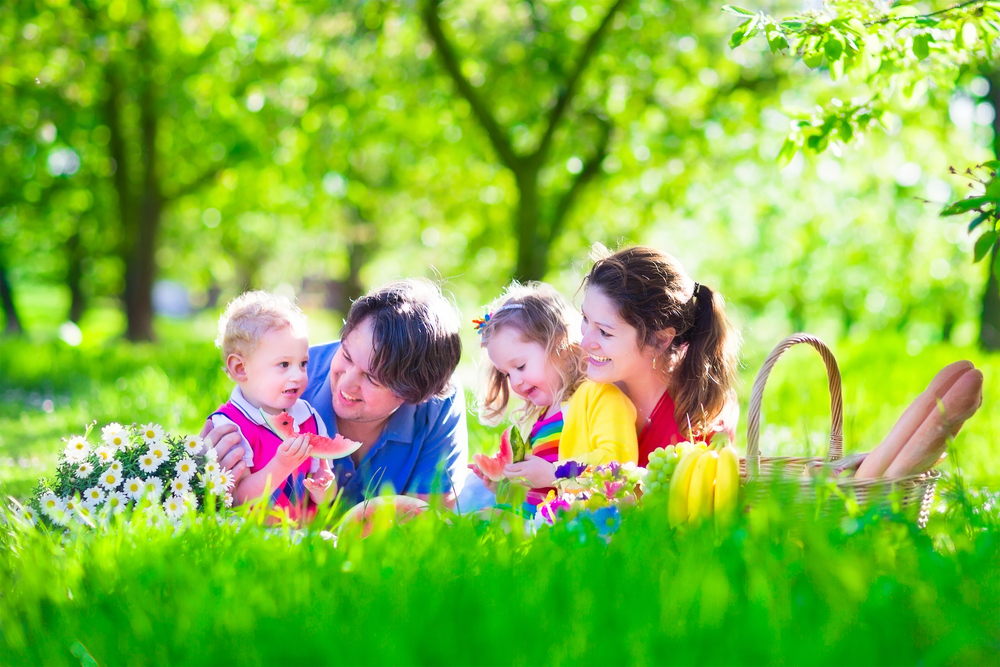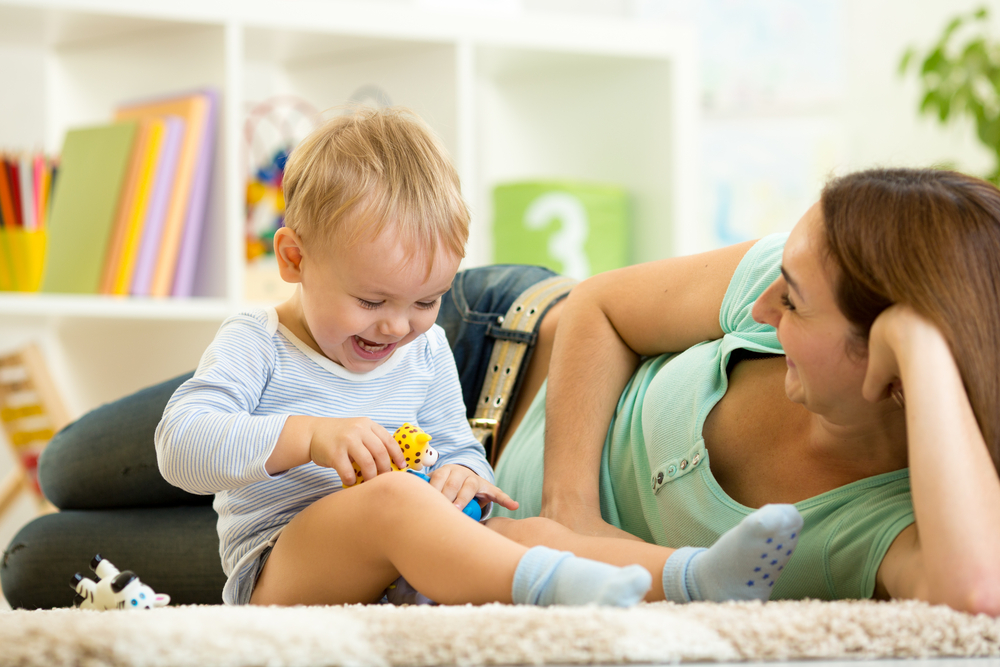This/her year your baby’s life will be full of emotions; both for you and your baby
HAPPILY GROWING BABIES
(24-36 months)
Molfix Contents Advisor:
Dr. Berna Elkabes, Pediatrics Specialist
This/her year your baby’s life will be full of emotions; both for you and your baby. It may seem like yesterday when you first took your baby in your arms, but in reality your baby is about to leave her babyhood behind and will experience unruly feelings in this/her phase of her life. At this/her stage when your child is poised to enter an emotional period known as the terrible twos, you will again become aware of how time flies as you observe your fast growing baby. On the other hand watching your child grow up healthy and happy is the greatest gift parents could wish for. What changes do you think happy and heathy children turning 2 go through as they continue to develop? The answer can be found here...
A new age, new skills...
As your child celebrates his/her 2nd birthday he/she will be leaving many milestones behind. The following are among the new skills that most 2 year olds display:
• Knows the names of objects, people or body parts familiar to him/her.
• Can point to an object you say the name of.
• Can make two to four word sentences.
• Can follow simple instructions.
• Can find the objects hidden in simple places.
• Can distinguish between the objects based on their shapes and colours.
• He/she will become more adept at joining toys consisting of small parts.
• His/her concentration span will improve and he/she can play games of longer duration.
He/she will no longer need a nap in the mornings and an afternoon nap is sufficient. The nap he/she takes in the afternoons gains importance as he/she no longer naps in the mornings. Instead of having him/her fall asleep in his/her car seat or stroller, arrange for him/her to take his/her nap in his/her own bed, the only place where his/her quality of sleep can be ensured.
Your child is now 2 years old. Do you think he/she is ready for toilet training? Many children in this/her age group still wet their diapers at nighttime; however some will be ready to toilet train. Before you take this/her important step, determine whether your child is ready for toilet training or not. The article: “Is Your Child Ready for Toilet Training” could help you on the subject.
I can express myself better!
The vocabulary of your child must have reached 50 to 75 words by now. Your child hangs on every word you say, so try to talk to them as much as possible and try to use as many different words and descriptions as possible. Research studies show that children who talk more with their parents have improved vocabulary. Your child can make 2-word sentences at the start of this/her age and will express herself better with longer sentences as she gets closer to turning 3. Do the following to support her speech development;
• Respond in more complex sentences to the comments she makes in simple sentences. For example; when she says “Mom, socks!” respond to her saying “I can help you put on your socks”.
• Never forget that your child is still very young and she has just started talking. Instead of correcting her grammar, repeat the sentences she makes by using the correct words.
• Do not force your child to repeat complex sentences as this/her could lead to frustration and douse d her enthusiasm to speak.
• Read books together. Ask interactive questions while reading the book and ask her to tell you about the pictures and interpret the story.
In this/her year, your child’s dominant hand will emerge. Although she might have used both of her hands equally until now, from now on she might choose to use one of her hands more than the other. She will make this/her choice on the basis that her dominant hand will be stronger and will have more dexterity to it. To see which hand she is favouring, hand her a spoon and observe which hand she uses to eat her food.
Important note: Some children use both of their hands equally until they reach kindergarten age. On the other hand some children may prefer to use one hand to eat and write and the other to play. Most of the time the use of a hand is based on genetics and one out of every 10 people is left-handed. Do not force your child to change this/her inborn trait of hers.
Where and when?
At this/her age your child will also be able to fully understand and solve the mystery of time and space concepts. We don’t mean to say that he/she would be able to understand the evolution of the universe. Just that he/she would grasp your meaning when you tell him/her his/her toy is under the bed or ask him/her to bring something from another room. To improve his/her perception of these concepts, talk to him/her about where the people he/she knows are (your parents are at work - your uncle’s house is far away), ask him/her to find an object based on the simple instructions you give (your toy is under the table) and ask him/her questions regarding the correct places of things without turning it into a test and expecting to receive correct answers every time (where do bees live? Where is the window?).
As your child’s grasp of time concept improves, terms like yesterday and tomorrow will also gain meaning. However, when you say yesterday your child may think of the morning in the same day, or in the previous week. Creating various routines in your life may help your child understand the concept of time better. For example; drink 1 glass of milk and brush your teeth before going to sleep. Consequently he/she’ll learn that bedtime comes after these activities and gain a notion of before and after.
To make it possible for him/her to understand the concept of time better you can make sentences such as “We will be leaving in 10 minutes ” or “We will go to the playground after lunch”. Even if your child does not fully understand intervals of time when you mention them, he/she will nevertheless start accumulating new knowledge in his/her mind regarding time periods and time itself.
Do not forget...
Each baby grows at his/her or her own pace. Remember that your baby is a small individual separate from you. Support him/her in his/her journey to growing up in the way he/she chooses to do so. Babies who grow up happily, build happy futures.
Content provided by: ZNN Network www.znnnetwork.com


